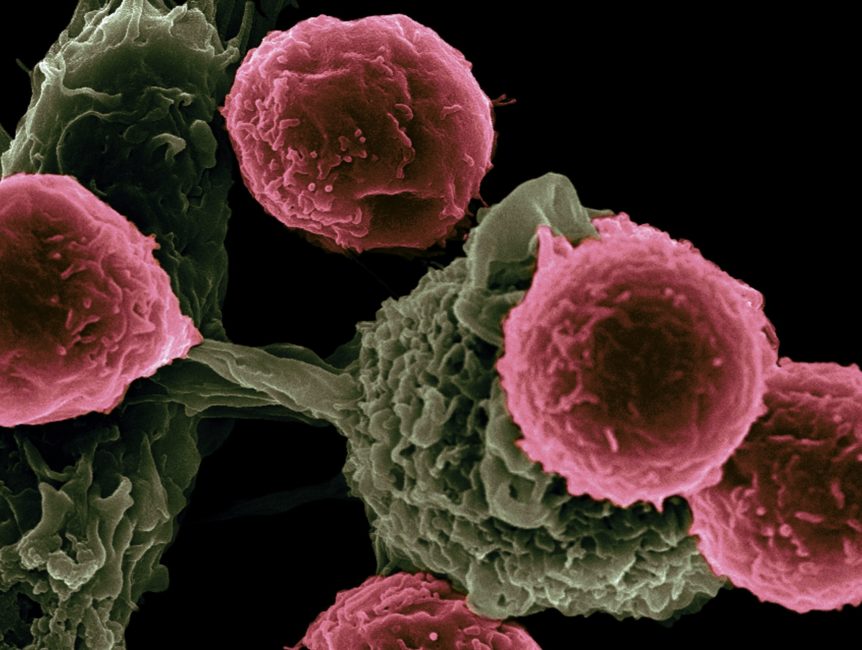March 16, 2023: “Pfizer Inc. and Astellas Pharma Inc. announced positive topline results from the Phase 3 EMBARK trial evaluating XTANDI® (enzalutamide) in men with non-metastatic hormone-sensitive prostate cancer (nmHSPC; also known as non-metastatic castration-sensitive prostate cancer or nmCSPC) with high-risk biochemical recurrence (BCR).
Patients enrolled in the trial were randomized to one of three study arms: XTANDI plus leuprolide, placebo plus leuprolide, or XTANDI monotherapy.
The study met its primary endpoint with a statistically significant and clinically meaningful improvement in metastasis-free survival (MFS) for patients treated with XTANDI plus leuprolide versus placebo plus leuprolide.
At the time of the analysis, a positive trend in the key secondary endpoint of overall survival (OS) was also observed, but these data were not yet mature. Patients in the trial will be followed for a subsequent final OS analysis.
The study also met a key secondary endpoint with a statistically significant and clinically meaningful improvement in MFS for patients treated with XTANDI monotherapy versus placebo plus leuprolide.
Additional key secondary endpoints reached statistical significance, including time to prostate-specific antigen (PSA) progression and time to first use of new antineoplastic therapy.
Other secondary endpoints are being analyzed. No new safety signals have been observed to date in the preliminary safety analysis, which is consistent with the established safety profile of XTANDI.
“As the only novel hormone therapy approved for three disease states of prostate cancer in the U.S., XTANDI has impacted hundreds of thousands of men,” said Chris Boshoff, M.D., Ph.D., Chief Development Officer, Oncology and Rare Disease, Pfizer Global Product Development.
“The topline findings from EMBARK are highly encouraging and we look forward to engaging with health authorities to potentially bring XTANDI to men with non-metastatic hormone-sensitive prostate cancer with high-risk biochemical recurrence.”
“While current treatment options for localized prostate cancer are intended to be curative, some men remain at higher risk for biochemical recurrence following primary treatment, which may result in metastases,” said Ahsan Arozullah, M.D., MPH, Senior Vice President and Head of Development Therapeutic Areas, Astellas.
“The EMBARK trial is the first study to demonstrate a statistically significant improvement in MFS using the combination of XTANDI plus leuprolide in men with this stage of disease.”
Detailed results from EMBARK will be presented at a future medical meeting.
These data will also be discussed with regulatory authorities, including the U.S. Food and Drug Administration (FDA), to support a potential regulatory submission for XTANDI in this indication.
About EMBARK
The Phase 3, randomized, double-blind, placebo-controlled, multi-national trial enrolled 1,068 patients with non-metastatic hormone-sensitive prostate cancer (nmHSPC; also known as non-metastatic castration-sensitive prostate cancer or nmCSPC) with high-risk biochemical recurrence (BCR) at sites in the United States, Canada, Europe, South America, and the Asia-Pacific region.
Patients who were considered high-risk BCR had a prostate-specific antigen (PSA) doubling time ≤ 9 months, serum testosterone ≥ 150 ng/dL (5.2 nmol/L), and screening PSA by the central laboratory ≥ 1 ng/mL if they had a radical prostatectomy (with or without radiotherapy) as primary treatment for prostate cancer or at least 2 ng/mL above the nadir if they had radiotherapy only as primary treatment for prostate cancer.
Patients in the EMBARK trial were randomized to receive enzalutamide 160 mg daily plus leuprolide, enzalutamide 160 mg as a monotherapy, or placebo plus leuprolide.
The primary endpoint of the trial was metastasis-free survival (MFS) for enzalutamide plus leuprolide and placebo plus leuprolide.
MFS is defined as the duration of time in months between randomization and the earliest objective evidence of radiographic progression by central imaging or death.
For more information on the EMBARK (NCT02319837) trial go to www.clinicaltrials.gov.
XTANDI has not been approved for the treatment of patients with nmHSPC with high-risk BCR.
About Non-Metastatic Hormone-Sensitive Prostate Cancer with High-Risk Biochemical Recurrence
Non-metastatic hormone- (or castration-) sensitive prostate cancer (nmHSPC or nmCSPC) means there is no detectable evidence of the cancer spreading to distant parts of the body (metastases) with conventional radiological methods (CT/MRI) and the cancer still responds to medical or surgical treatment to lower testosterone levels.
Of men who have undergone definitive prostate cancer treatment, including radical prostatectomy, radiotherapy, or both, an estimated 20-40% will experience a biochemical recurrence (BCR) within 10 years.
About 9 out of 10 men with high-risk BCR will develop metastatic disease, and 1 in 3 will die as a result of the recurrence.
The EMBARK trial focused on men with high-risk BCR. Per the EMBARK protocol, patients with nmHSPC with high-risk BCR are those initially treated by radical prostatectomy or radiotherapy, or both, with a PSA doubling time ≤ 9 months.
High-risk BCR patients with a PSA doubling time of ≤ 9 months have a higher risk of metastases and death.
About XTANDI® (enzalutamide)
XTANDI (enzalutamide) is an androgen receptor signaling inhibitor.
The recommended dosage of XTANDI is 160 mg (capsules or tablets) administered orally once daily with or without food.
XTANDI is a standard of care that has received regulatory approvals for use in men with mHSPC, mCRPC, and nmCRPC in the United States and for one or more of these indications in more than 100 countries, including the European Union and Japan. More than 720,000 patients have been treated with XTANDI globally.”


